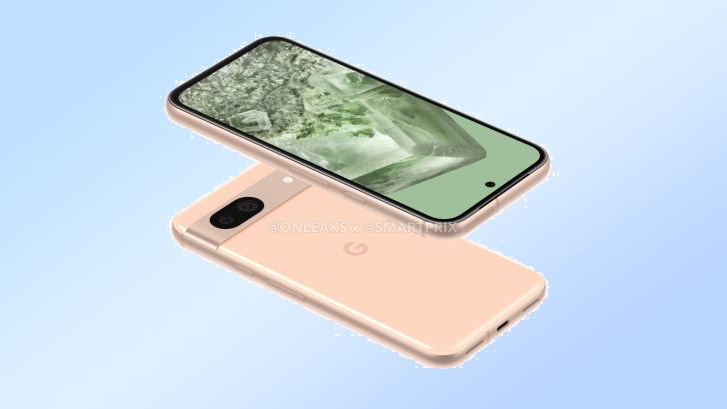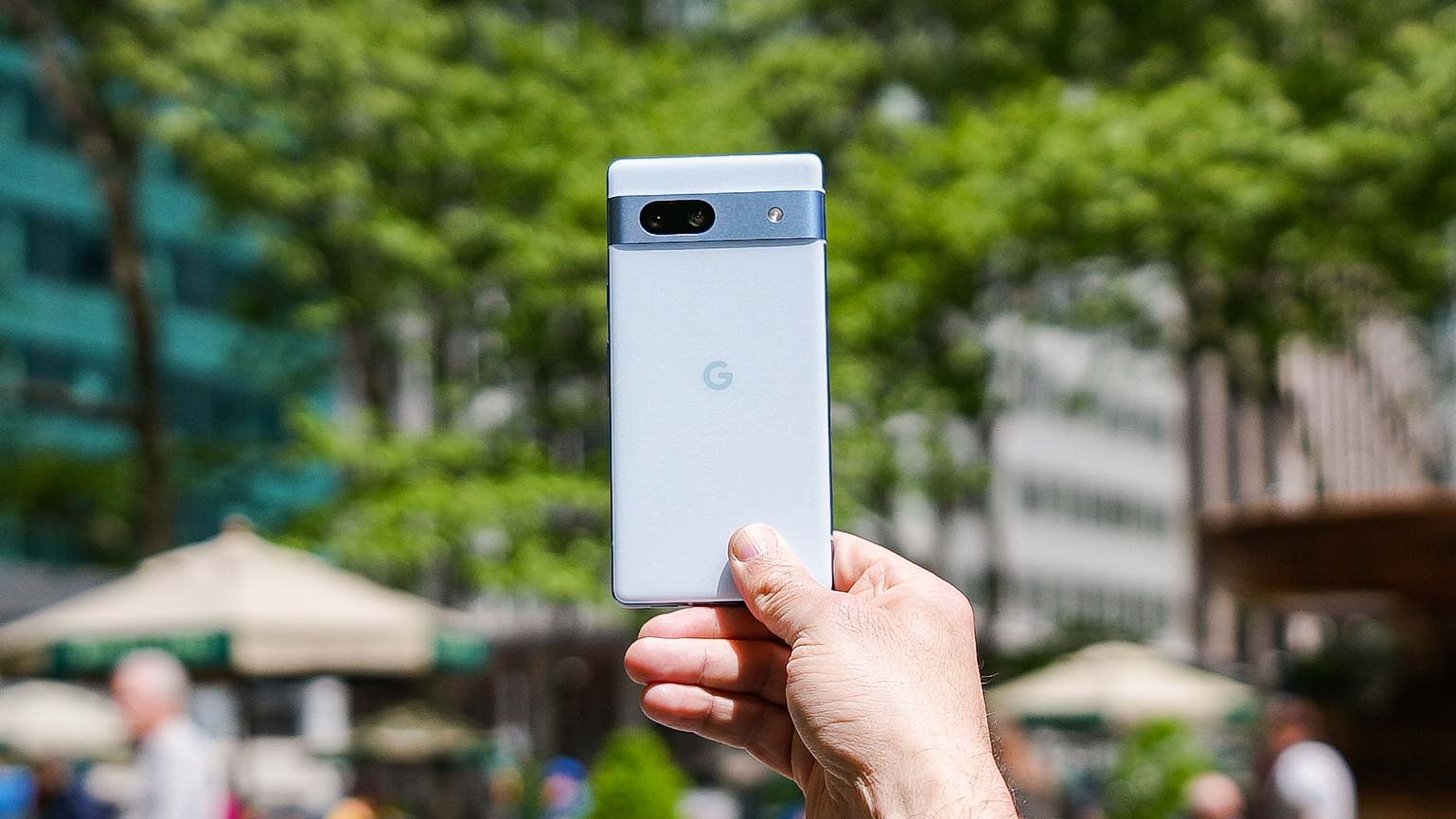
Is the Google Pixel 8a about to scrap one of the key qualities that makes Google's midrange phones so appealing? A rumor about the upcoming phone release seems to indicate that's going to happen, but I have my doubts that Google would sabotage its own phones like that.
Mind you, there's a lot to like about Google's A Series phones. Because they benefit from Google's computational photography expertise, Pixel A handsets regularly wind up ranked among the best camera phones. Since the Pixel 6a release in 2022, the phones have also featured Google's own Tensor chips, giving them the same AI-fueled features found in the Pixel flagships. The Pixel A phones also adopt the design of those flagships, giving them a distinctive look among other midrange models.
And of course, there's the price. And that's what has me worried about the Pixel 8a.
What a midrange Pixel phone costs now

First, a bit of background — Google's Pixel A phones cost less than the company's flagships. As in hundreds of dollars less. For example, the Pixel 7a will cost you $499, which is $200 less than what Google charges for the Pixel 8.
That would ba a significant pricing gap on its own. But remember that the Pixel 7a comes equipped with a Tensor chip, albeit an older version compared to the one in the Pixel 8. Still, that means you can get flagship-level AI features in a more modestly priced phone.
But that may not be the case for the Pixel 8a. Winfuture, which has a pretty good track record with phone rumors, reports that European pricing for the Pixel 8a is expected to be €569. That's a €60 increase from what the Pixel 7a cost.
Now there's a long way to go from rumored price hike to actual price hike, and until Google confirms what it's going to charge for the Pixel 8a, your guess on the final price is as good as mine. What's more, a higher price in one region doesn't necessarily mean that the cost will go up across the board, so we can't assume U.S. consumers will be paying more, too.
Still, Google has some priors in this area. Just last year, it boosted the price on the Pixel 7a by $50 over what it charged for the Pixel 6a. And yes, that corresponded with a €50 increase as well.
Why a Pixel 8a price hike would be a disaster

The appeal of the Pixel A series phones is tied to their price. Charge too much, and what once was an attractive alternative to higher-priced phones becomes harder to justify as a purchase.
It doesn't help Google that the Pixel 8a would arrive just after a series of rival phones have managed to hold the line on pricing. The OnePlus 12R matches the $499 cost of the Pixel 7a while delivering better performance and outstanding battery life. The Nothing Phone 2a may only be available through Nothing's beta program in the U.S., but you'll pay less than $350 for that phone. We're also expecting a low price on the midrange Galaxy A35, once Samsung confirms a U.S. release date.
That's a trio of phones there that either cost as much as the Pixel 7a or come in for a lot less. The Pixel 8a is going to have a hard time competing with that, should its price skyrocket above $500.
Google has gotten some good news on the phone front as of late, with Counterpoint Research saying that Pixel phones claim the fourth largest share of the North American phone market at the end of last year. While Google's 3% slice is far behind what Apple and Samsung sell, Pixels have become a much more relevant brand than they were just a few years ago. But pricing the Pixel 8a so that it's no longer less than $500 might slow down that market share growth.
We now have a pretty good idea as to when we'll see the Pixel 8a, with Google announcing a May 14 date for the start of Google I/O. The Pixel 8a is expected to make its debut at that event, as past Pixel A Series phones have. And you can bet that how much the phone costs is going to get a lot more attention than it normally does.







